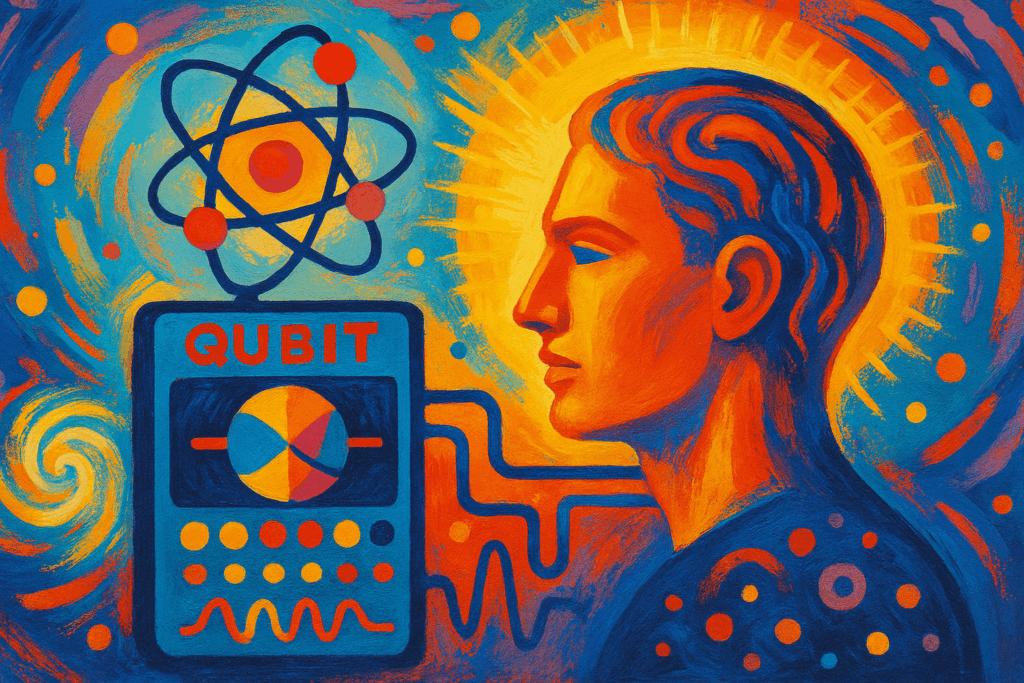Quantum Computing: Beyond the Buzz
Quantum computing has captured the imagination of many, often surrounded by excitement and speculation. However, moving past the hype to understand the current realities is essential. This technology holds promise for transforming computation, but its development is marked by both intriguing principles and substantial obstacles.
The Quantum Advantage: Principles Powering Progress
At the core of quantum computing are qubits, the quantum equivalent of classical bits. Unlike classical bits that represent either 0 or 1, qubits harness superposition, allowing them to represent multiple states simultaneously. Entanglement creates connections between qubits, enabling them to influence each other instantly over distances. Additionally, quantum interference allows certain computational paths to be strengthened while others cancel out, optimizing problem solving.
These principles combine to provide exponential processing potential compared to traditional computers, especially for specific tasks. Quantum computers perform fundamentally different operations than classical machines, opening avenues for complex problem solving in cryptography, optimization, and simulation.
Current Hurdles and the Path Forward
Despite promising principles, quantum computing faces significant challenges. Qubits are extremely sensitive to their environment, leading to decoherence where quantum information decays quickly. Constructing stable, fault-tolerant hardware remains a complex engineering challenge. Additionally, quantum algorithms and software are still emerging, limiting practical applications.
It is important to recognize that quantum computing is not a replacement for classical computers. Instead, it is a specialized tool designed to tackle problems that classical machines struggle with. The path forward involves continued research to improve qubit stability and develop more effective algorithms.
A Strategic Future: Realistic Expectations
The future of quantum computing is best viewed with measured optimism. While widespread deployment remains distant, the technology is gradually proving its potential by solving specialized problems beyond classical reach. As fault-tolerant hardware matures, quantum computing will likely serve as a complement rather than a substitute, offering unique advantages where appropriate.
For professionals and enthusiasts aiming to understand this evolving field, grounding expectations in current technological realities is essential. Quantum computing represents a long-term journey toward harnessing fundamentally new ways of processing information, with targeted impact on sectors requiring immense computational power.




